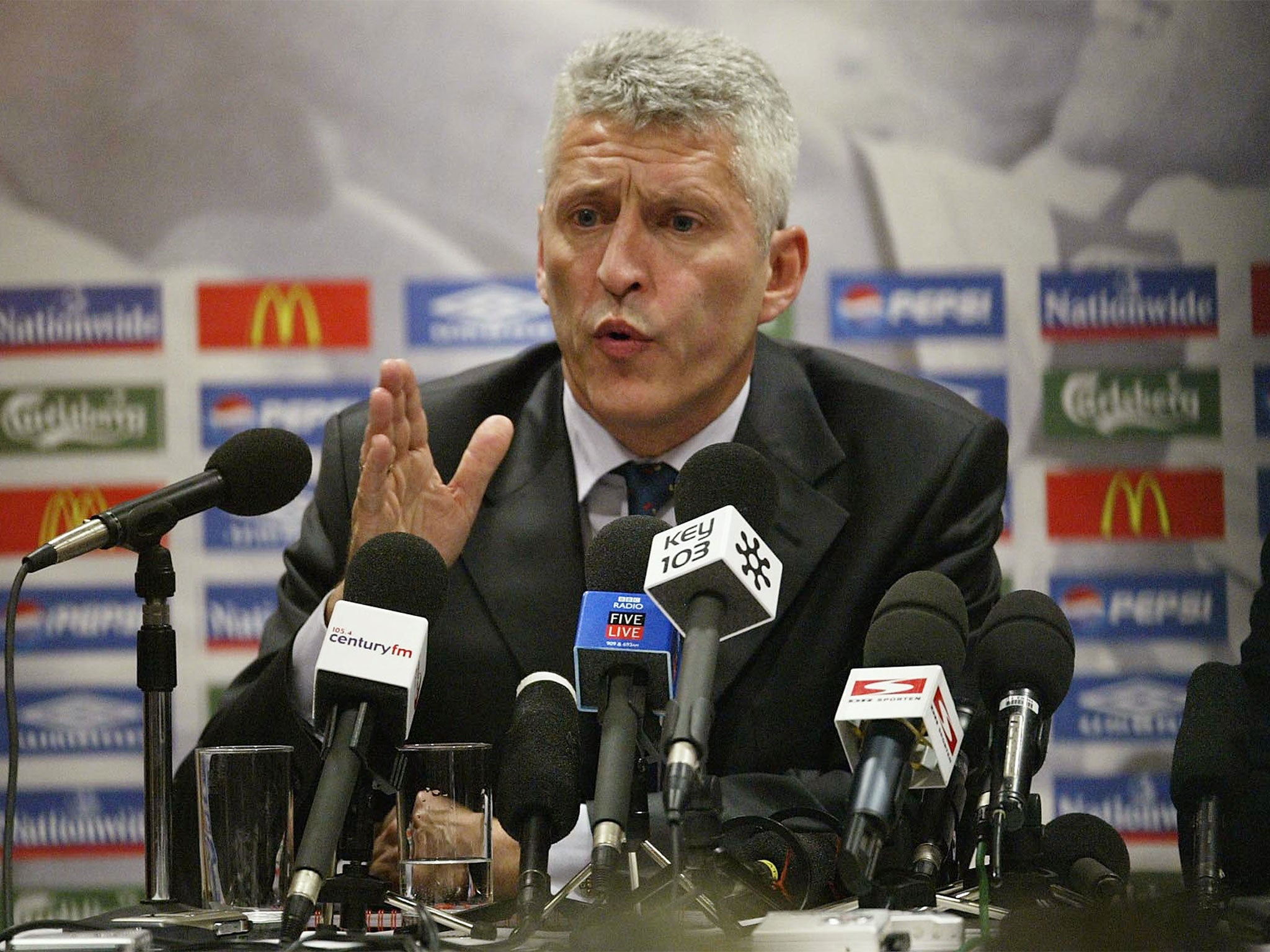EFL meeting aims to bring clarity to English football’s chaos – but it will not be without controversy
Greatest fractions lie in League One, where some clubs see themselves as higher status and others are simply hoping to hang on
English Football League (EFL) clubs meet this morning to decide how to proceed in the Championship, League One and League Two. The most difficult item on the agenda of the emergency general meeting is the fate of the League One campaign.
Championship games resume on 20 June and the season will be completed as long as the coronavirus crisis does not suddenly take a serious turn for the worse. League Two clubs indicated they are in favour of curtailment in May. Without income from attendances it is financially unfeasible for teams in the fourth tier of English football to finish their fixtures.
The main battleground is League One. It is unrealistic for third-level clubs to think about recommencing playing but the nature of the division means there is a gulf in aspiration between the participants. A proportion of teams see themselves as Championship-standard or even Premier League-level clubs fallen on hard times. The others live in fear of relegation to League Two. This divide makes it difficult to come up with a course of action that will suit everyone.
There are six proposals and amendments on the agenda. The most important is from the EFL board. It recommends that, if a division is cut short, the final placings in the table should be determined on a points-per-game (PPG) basis and promotion, relegation and play-offs should continue in their established format. A simple majority in each division is needed for curtailment. That is the easy part. Disagreements have raged over the formula used to work out finishing positions.
Mark Palios, the Tranmere Rovers chairman, has suggested a modified version of the EFL’s system that incorporates a ‘margin for error.’ Palios contends that the form of clubs can change dramatically in the closing weeks of the season and that must be reflected. Tranmere want the performances of teams in the past three seasons in the period corresponding to the unplayed games to be taken into account. This would save Rovers. The second part of Palios’ proposal is that only teams in the bottom three when the games were put on hold in March can go down. This would mean just two sides relegated to League Two.

The EFL insists that promotion and relegation in their existing form are vital to the integrity of the competition. This has led to angry exchanges between Palios and the ruling body and a plethora of legal letters. One source close to the situation said it “defies belief.”
Barnsley are suggesting that relegation be suspended in any league that does not complete its fixtures and Stevenage Town’s amendment aims to ensure that League Two clubs are safe from the drop. Ipswich Town want the EFL to consult with clubs about changing the play-off format in the bottom two divisions – Town will miss out on the chance to go up if the EFL’s plans are rubber-stamped - and Lincoln City are concerned about the impact of points deductions on PPG.
The EFL is confident that it will win enough support among the clubs to go forward using their blueprint. The mood among the Championship teams has been positive – apart from a minor hiccup over the scheduling of fixtures – and League Two clubs have shown a large degree of unanimity. Whatever happens, there will be a significant level of unhappiness in League One but the EFL believes it has mapped out the best way forward and good sense will triumph over self-interest.
Looking beyond today’s meeting, the next challenge for the EFL is to create a salary cap. The Covid-19 emergency has underlined the precarious nature of English football’s finances. Discussions between the league and clubs were underway before March and have been put on hold because of more pressing events but there is believed to be general agreement that sensible limits on spending should be imposed across all three divisions. Tentative talks with players have suggested that even those most affected by a ceiling on wages can see the logic in it. After the immediate issues are settled, creating a more sustainable framework for the EFL’s 71 clubs will be high on the list of priorities.
Agreement today is crucial. There is still plenty of hard work to be done. Even in the Championship, where the fixtures resume in 11 days, there are unanswered questions and logistical problems. One of the first matches sends Swansea City to Middlesbrough and visiting clubs are still unclear about travel arrangements. Can the Swansea squad fly to the north east or use the same hotel if an overnight stay is required? When asked about the situation a source was blunt, saying, “It’s almost two weeks away.”
There is little certainty in football as the game prepares for resumption but the EFL should bring some much-needed clarity to Leagues One and Two today. Difficult times remain ahead.
Join our commenting forum
Join thought-provoking conversations, follow other Independent readers and see their replies
Comments